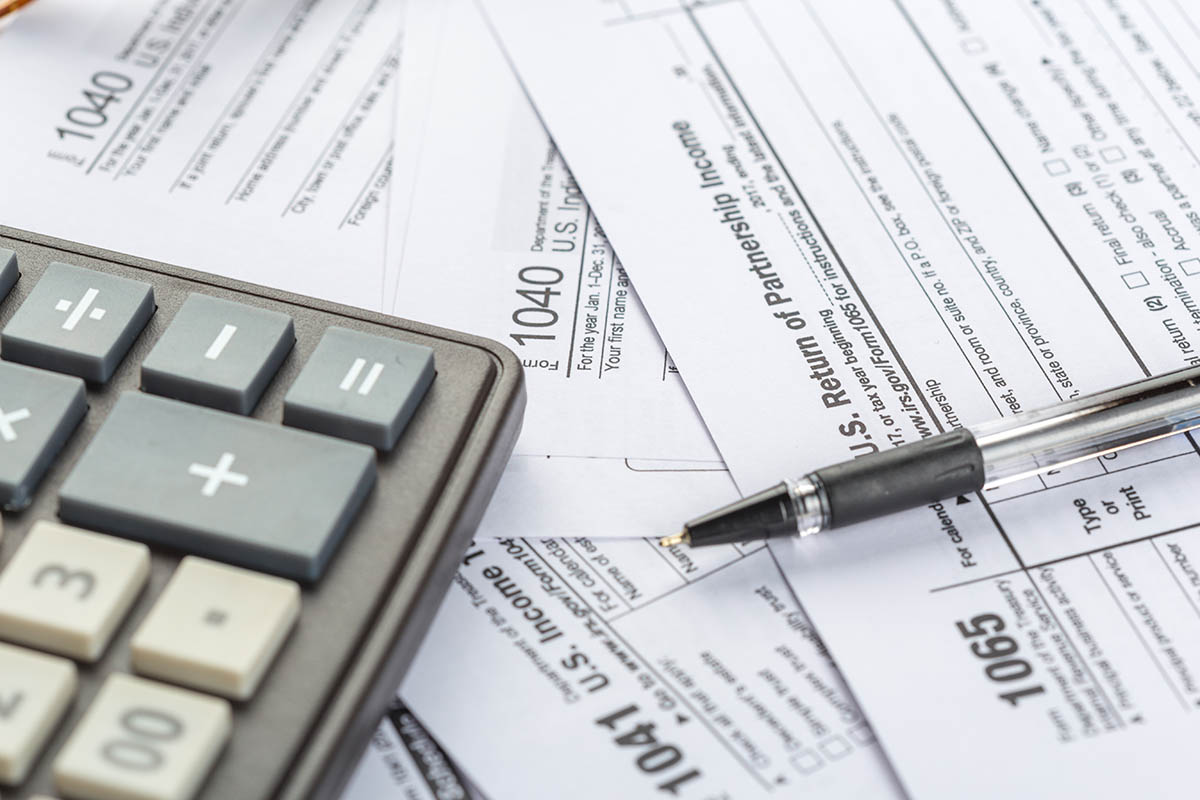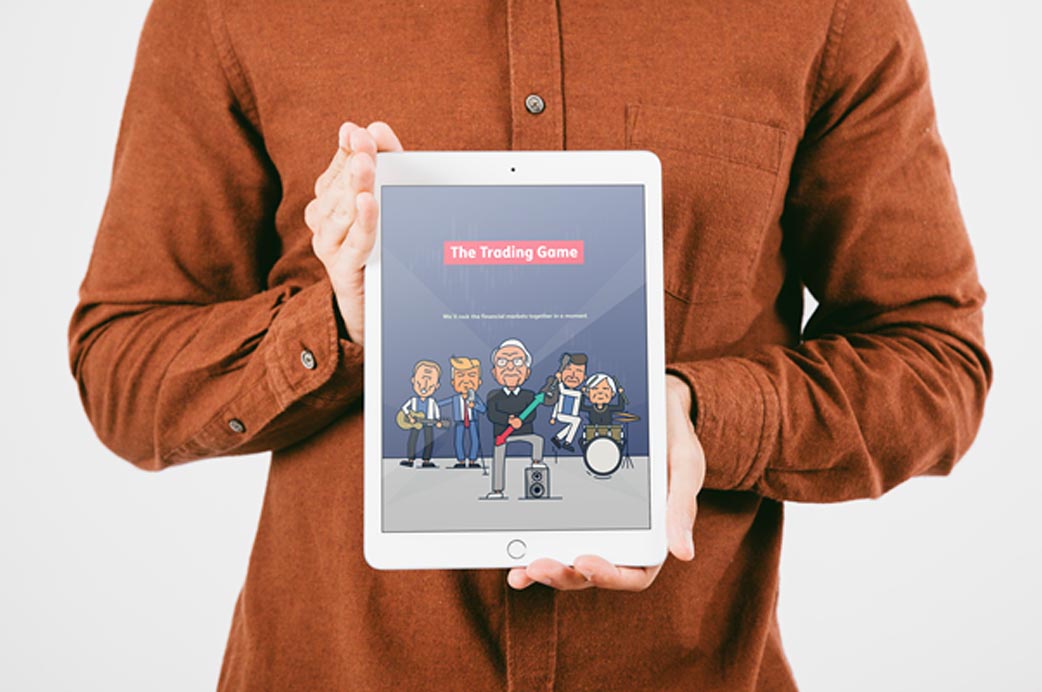The Ultimate Guide to Small Business Finance
If you are a newbie to the world of small business funding, you will have lots of questions about finances.
Understanding your funding options and knowing how to promote your eligibility as a borrower can help you apply for the right loans and improve your odds of getting the financing you require.
What Are the Factors Considered by Lenders to Determine Your Eligibility?
Credit Score
Most lenders check at your past credit performance to find out how you will handle new credit.
However, your personal score is more considered than your business score as your personal financing habits are likely to reflect the way you do business as the owner directly.
If your score is above 700, you’re likely to get approved for a loan, but if you are below 550, this is considered poor credit. However, bad credit is not a dead end for small business funding.
There is also a business loan for bad credit, a type of financing option that small business owners can access with a minimum credit score below 600.
These types of loans are intended to provide a business owner with enough funds to keep the company going, pay off debts, or cover short-term needs.
Time in Business
According to SMB SVOG Loan, in the lending world, the age of business is a crucial aspect. The longer the business has been in operation, the more it is likely to get funding opportunities. Most lenders do not give loans to companies that are less than a year old.
Annual Revenue
Annual revenue involves the amount of money your business makes in a year, and it’s an essential factor for the lender. They want to know the amount you can consistently repay along with taking care of your business expenses.
Bank Balance
Unexpected business expenses are inevitable. You hence need to be well prepared to avoid being caught up with some of the emergencies leading to your downfall.
Lenders will be more comfortable if you have some bank savings for emergencies, even though your sales numbers are high.
Types of Small Business Loans Available to You

There are different types of loan choices available for your small business. They include;
Term Loans
Term loans are where you’re given an up-front amount of cash in which you are required to pay back the loan plus interest over a certain length of time. These loans often provide low interest rates over a more extended period, which makes them more desirable to small business owners.
SBA Loans
There are different types of SMB SVOG Loans that are backed up by the US Small Business Administration.
Loans such as the Shuttered Venue Operators Grant (SVOG) offer low interest rates, long terms, and small down payments.
However, you will need to meet some specific requirements such as the SBA’s definition of a small business, and these loans might also take some time to be approved.
Equipment Financing
Equipment financing loans might be a perfect choice if you need funding to buy equipment such as machinery, computers, or vehicles.
The equipment acts as the collateral, which means you won’t need to give your collateral as is the case with other loans.
Merchant Cash Advance
This is an amount of liquid money given to a business in exchange for an agreed percentage of the future sales of the business.
When you receive a merchant cash advance, you will allow the provider to deduct the cash advance upon the agreed percentage.
Invoice Financing
This type of financing applies when delays in accounts receivables endanger your business cash flow.
This means that you are selling the amount owed on your unsettled invoices. You will sell approximately eighty percent of the outstanding amounts which you are given in cash instantly.
The invoice financing company then sets out to collect the unpaid invoices, and then you will get a portion of the twenty percent balance in proportion to the total amount collected.
Which Documents Will You Need to Provide?

Funders or lenders will require a significant amount of documentation from you to assess the financial standing of your business and process your loan application. Some of the documents you need to keep ready include;
- Business Plan
The lenders will go through your business plan as a layout of what your business is all about, its goals, and plans. Although you will not always be required to provide a business plan, presenting it acts as more evidence to indicate that your company will succeed. This creates more confidence for the lenders and convinces them to give you particular loan products and rates.
- Income Statement
The document serves to show your business cash flow and its ability to meet the outstanding debt requirements. It is most recommendable to use both a year-to-date income statement that has been updated within the last 60 days as well as statements of the previous two years.
- Balance Sheet
The statement shows a display of the financial standing of your business at that point in time. It should be updated within the last 60 days.
- Sales Forecast
This document is specifically crucial for new small business owners whose income statements and balance sheets will not offer sufficient evidence of the potential of the business. A sales forecast will help to convince the lender about how reliable your company is to handle a loan.
- Business and Personal Tax Returns
The lender will want to see your personal tax returns document to verify your income. More so, it is essential to get a business tax return to form for businesses that have operated for more than two years to show your long-term revenue history to the lender.
- Business Debt Schedule
This is easy to create a document showing the lender all the outstanding amounts, debts, and payments.
Conclusion on Small Business Finance
We hope that you now understand the different sources of small business finance that can potentially help you increase your business revenue significantly.
Using this guide, you can make informed decisions about small business finance options. Look at the pros and cons of each funding source and make your appropriate choice.




















